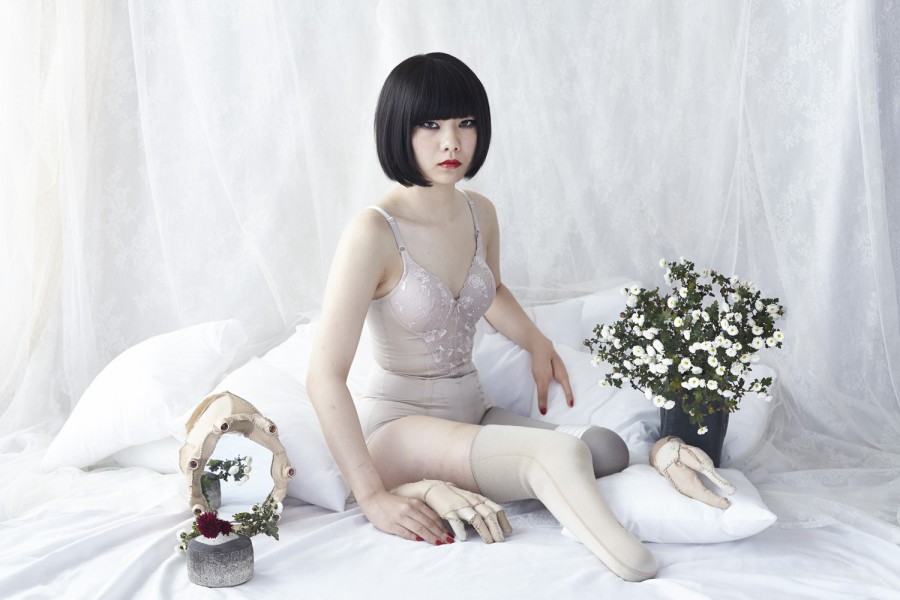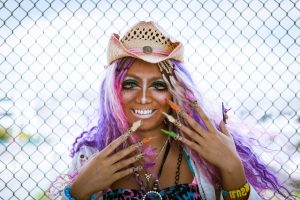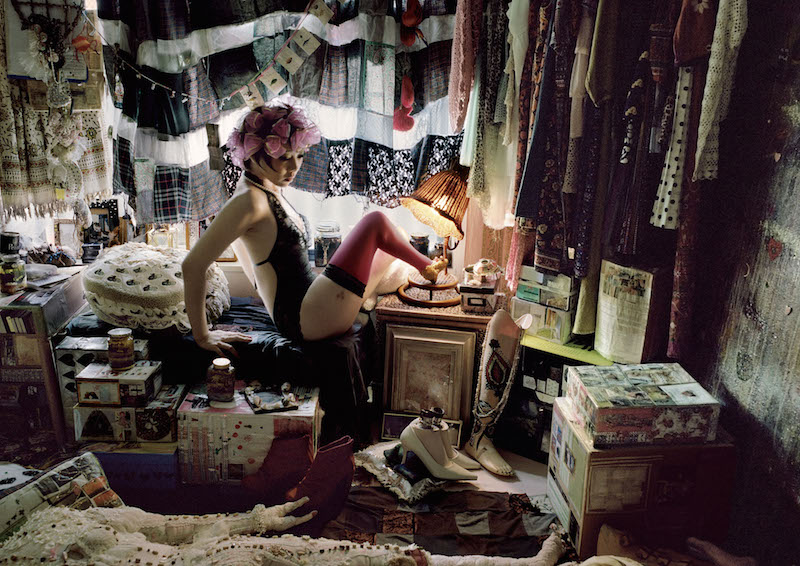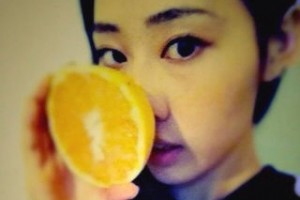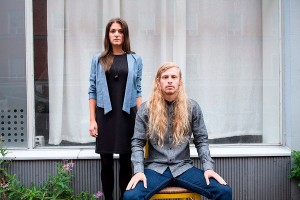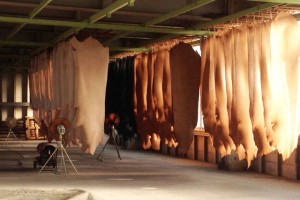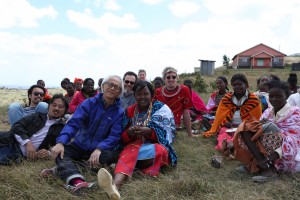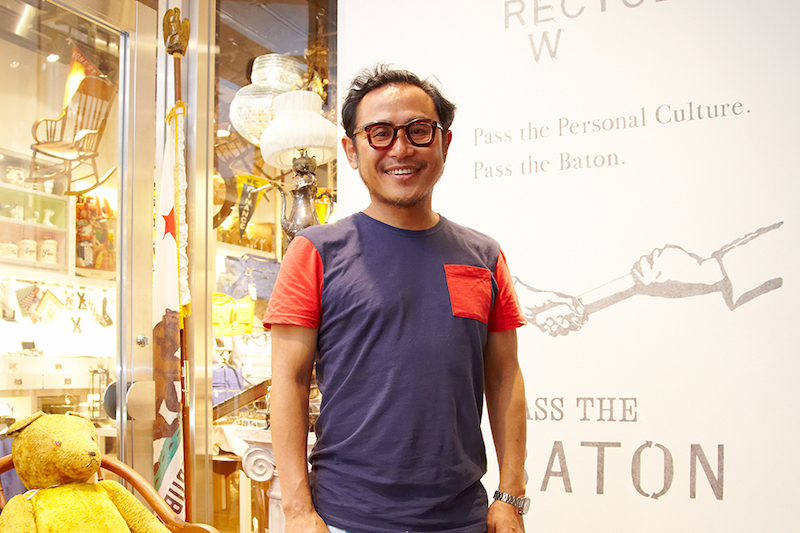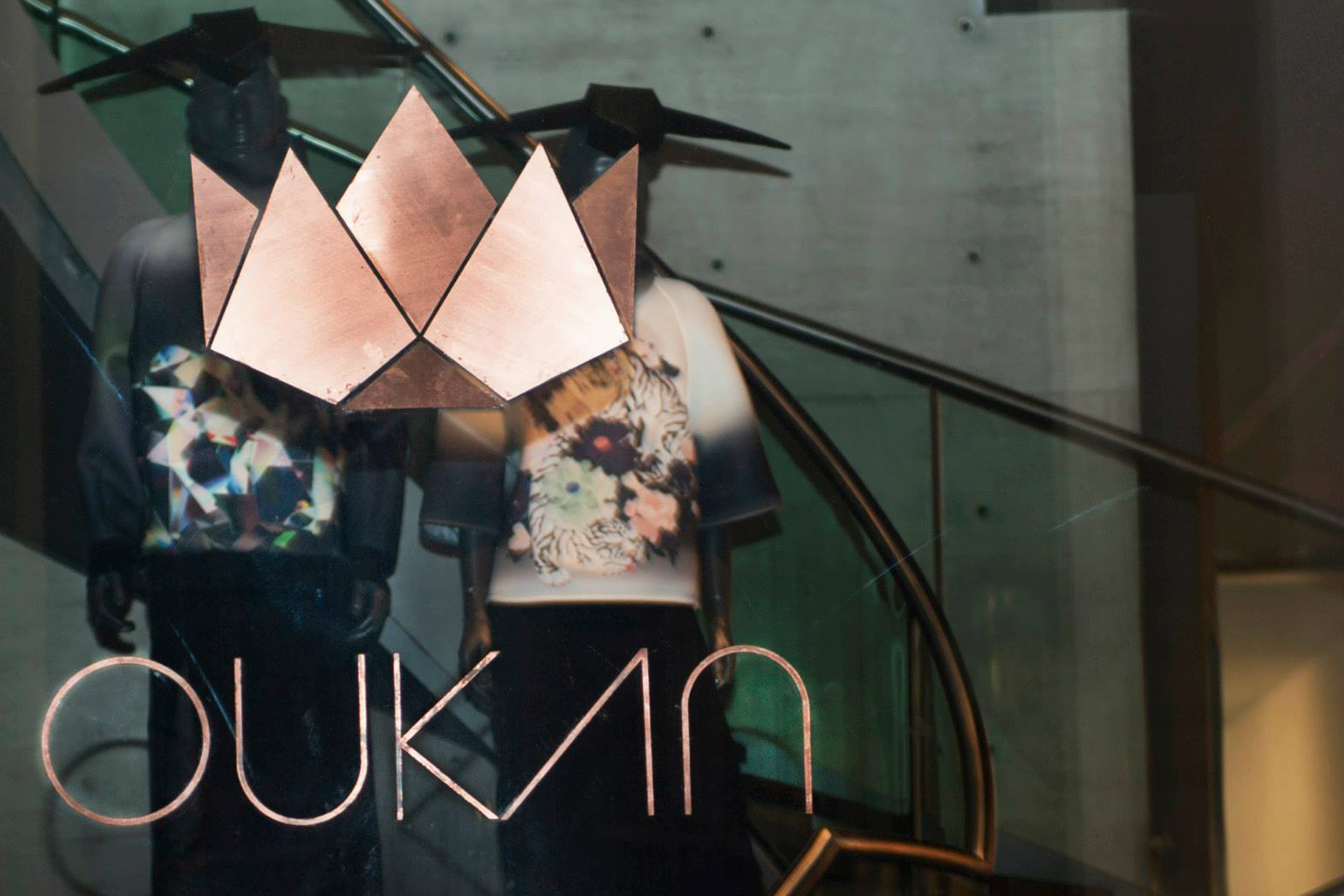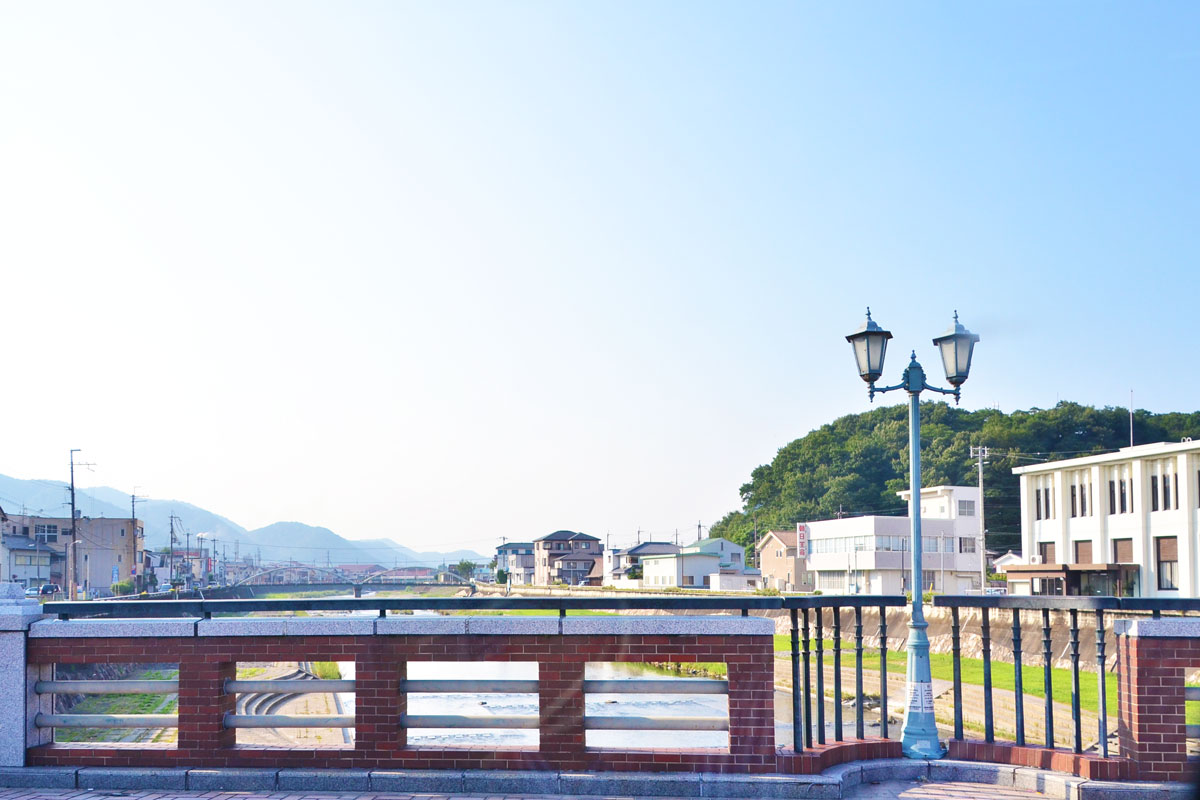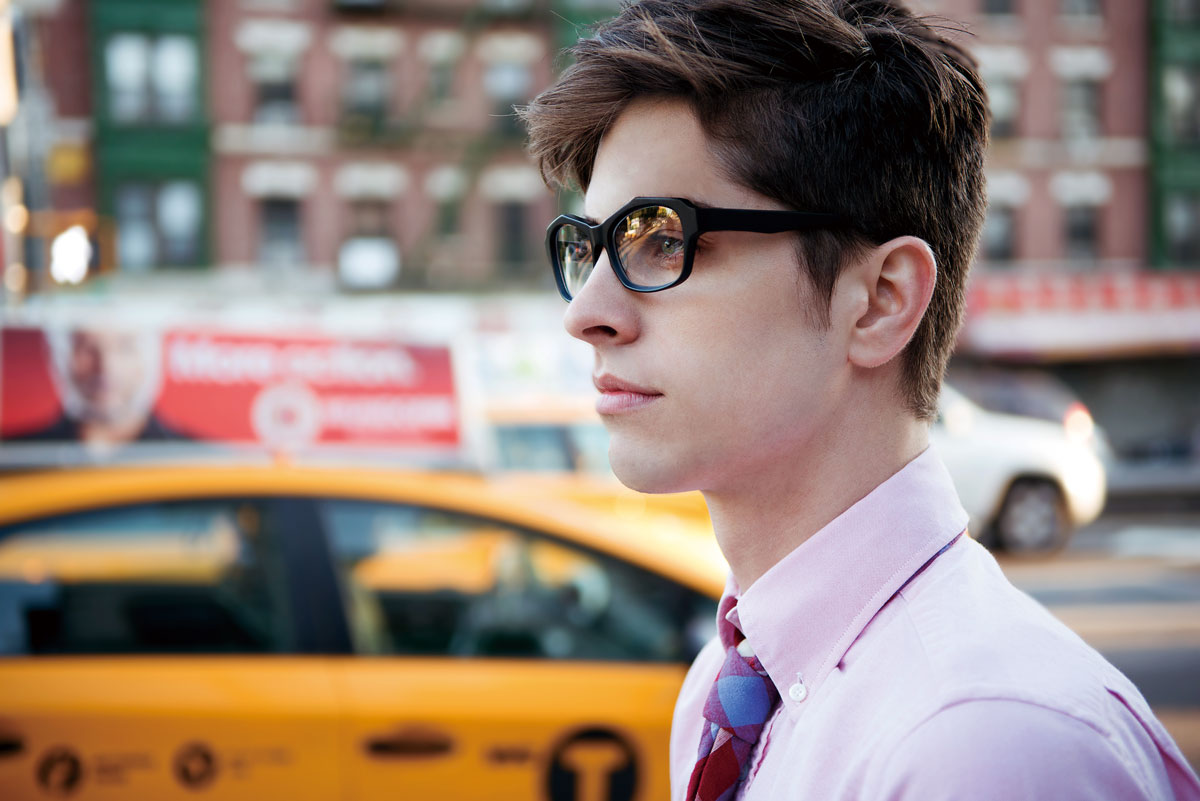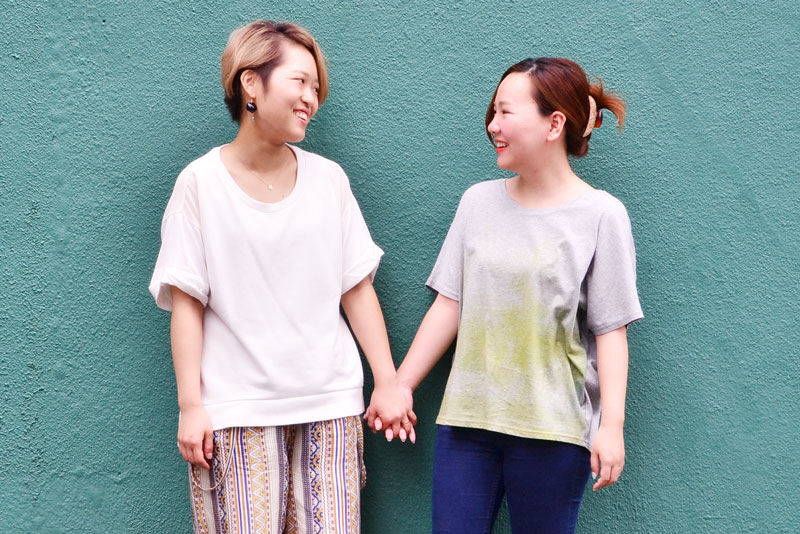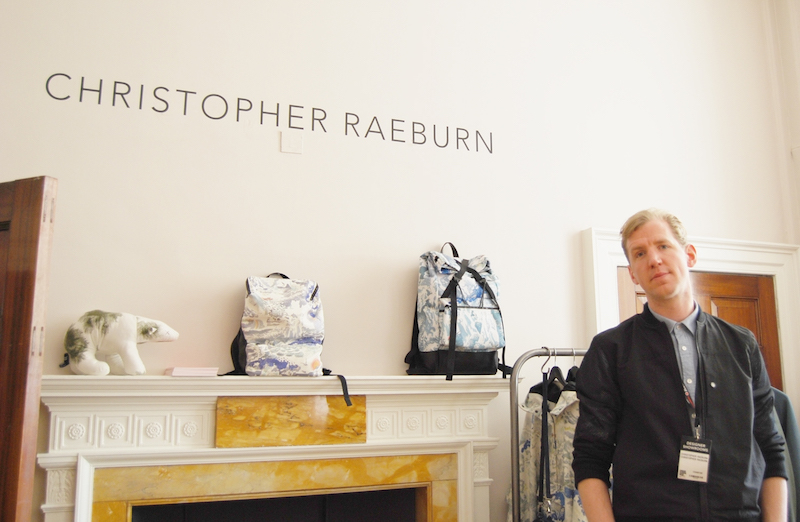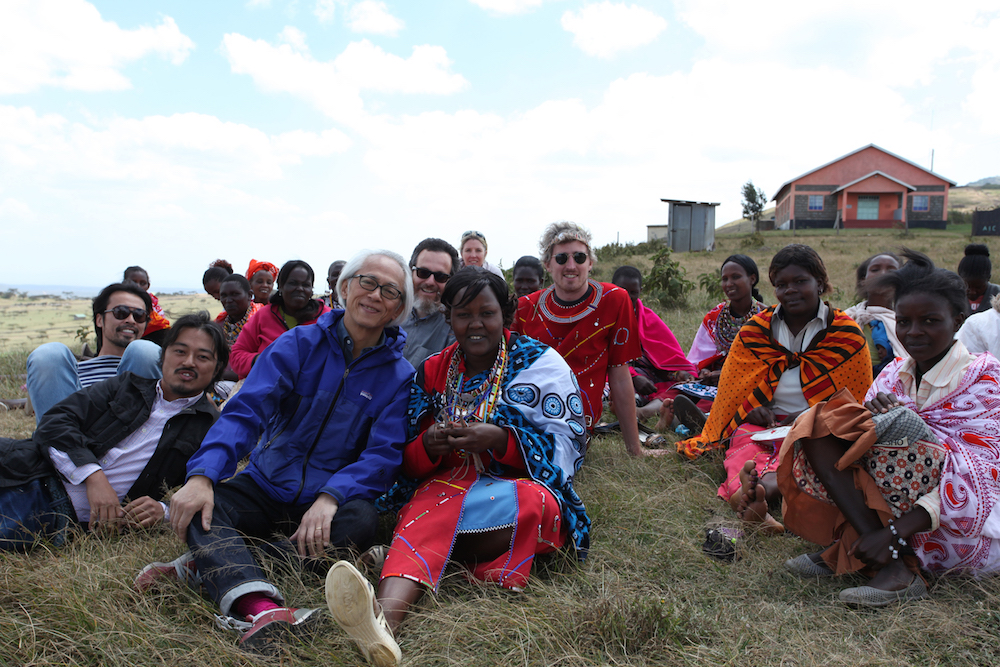“NPW school” is a workshop which was started in Hiroshima, now spreading all across Japan. “NPW” stands for “Numekawa (Nume leather) patchwork”. As it suggests, participants learn to patch up scrap leather in various shapes and colors, collected from manufacturers. Only tools used are a pair of scissors and a hammer. Without much contemplation, they randomly pick up pieces of leather and patch them up to create an original leather bag.
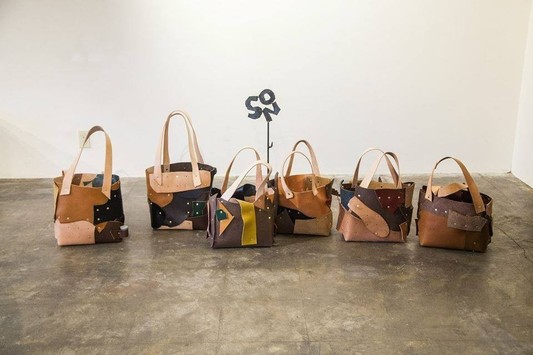
This workshop is organized by Hiroshi Furumoto, who ran a select shop in the middle of Hiroshima city for 11 years. As he was running this shop, he encountered “NPW”, which is a craft series by Ko Soda, a craft man for leather shoes and bags. Furumoto was so impressed by this that he decided to close his shop and worked hard to be certified by Soda as a professional teacher of his series. Hiroshi then started his new career as a facilitator for this workshop in 2014.
The workshop is always packed with people. It has been held more than 10 times so far, and has had a total of 100 participants. It is spread by word of mouth and Hiroshi keeps getting requests from all around Japan to organize more sessions. He states that his workshop is supported a lot because people get to lose themselves in the work of “NPW” with a neutral attitude, which is rare to find in daily life.
Well, what exactly is this neutral attitude? Here, Furumoto and Soda, who knows each other from the time Furumoto opened his own shop, came together to discuss “NPW” in depth.
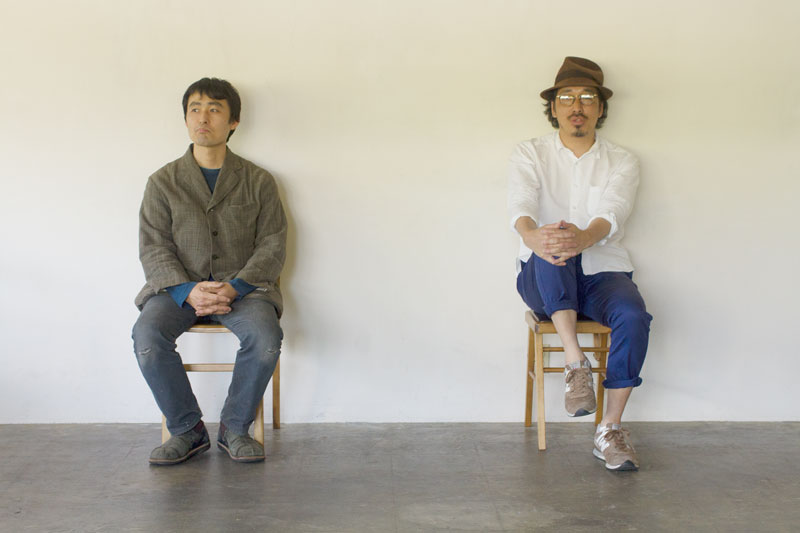
(LEFT) Leather Artisan, Ko SODA, who invented “NPW” method. (RIGHT) Hiroshi FURUMOTO, who spotted a light to another value of “NPW” and created workshop using “NPW” method. (Photography: Carlos)
Hiroshi FURUMOTO: Originally, I started this workshop after being inspired by Mr. Soda’s series, “NPW”. I was so amazed that these bags were really easy to make for everyone. I even thought, “Is it OK for a creator to show this as his work?”
Ko SODA: “NPW” is a series I created with the most basic techniques I knew. To start with, I always felt that there are two types of beauty. I like creating things using very advanced skills and the best materials. But at the same time, I was aware that its opposite also led to beauty. For example, I also see beauty even in a piece of leather fabric which my daughter randomly cut out.
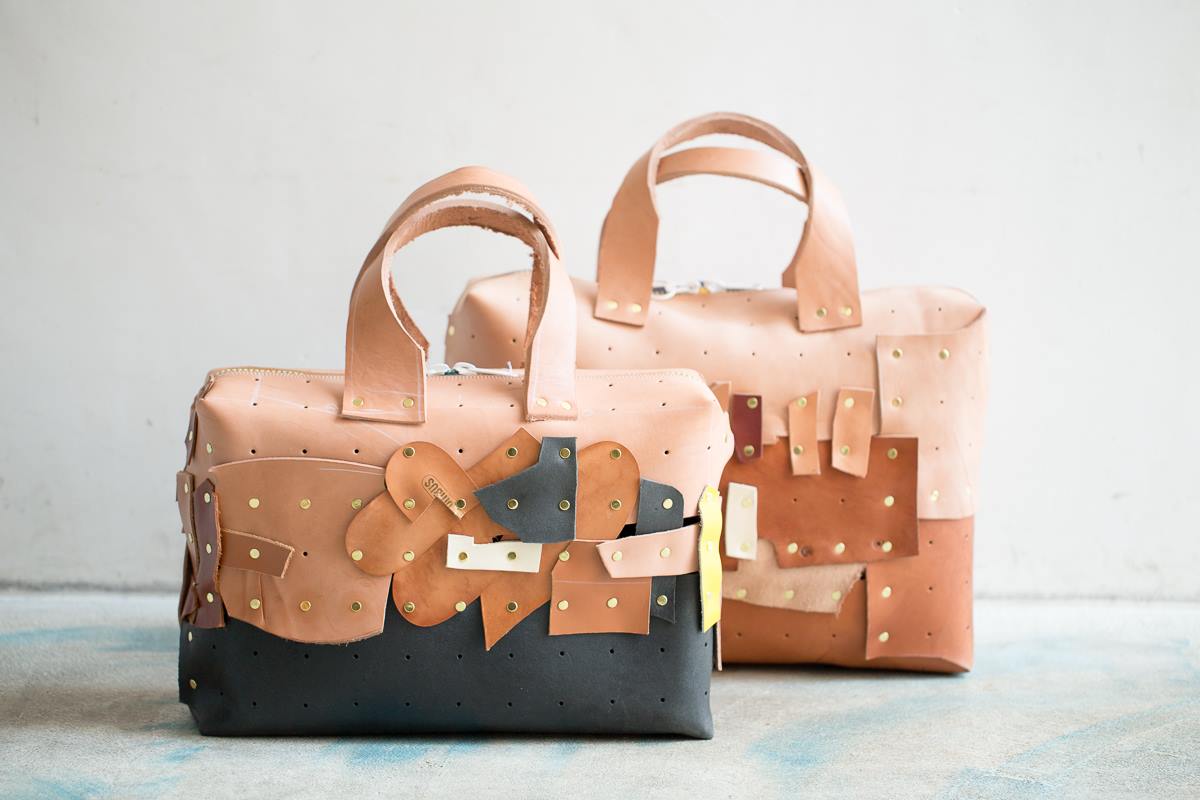
“NPW Collection” Bags created by SODA (Photography: Courtesy of TOKI-NO-KUMO)
SODA: However, for twenty years as an artisan, I used to make products which involve the most advanced techniques and great materials. However, eventually we started encountering problems such as productivity, types of material, and parts getting out of stock. I started thinking that these problems come up because we are trying to achieve stability.
I then realized that it makes more sense if we are after “the other value”, which I just mentioned. “NPW” is one of the end results of such thoughts. We use scrap leather, and the techniques involved is only to patch them up and hold them together with caulking.
FURUMOTO: When I first had an opportunity to see photos of “NPW”, I thought “This is way too easy!” and “Even if you wanted simplicity, this is too much!” However, in 2013 we held an exhibition of Mr. Soda’s bags called “100bags” at my shop and I had another careful look at “NPW” products. I fell in love with them. That’s why I started purchasing them for my shop. Then one day, a caulking just fell off one of the “NPW” products I had in the shop. So I asked Mr. Soda if I can send it back to him to be repaired.
SODA: I told him that I can send the parts but he should fix it, because anyone can do that job.
FURUMOTO: Exactly. So the parts arrived and I tried, then I was actually able to fix it with only a hammer. I really loved that. These are easy for anyone to make, and packed with all sorts of elements such as recycling, which is a social problem, art, education, and creativity. I got inspired that, with this product, I may be able to do something meaningful much more than just selling stuff.
I was actually growing weary of products made using “professional skills and carefully chosen materials”, after running a shop for 10 years. Every exhibition and brand focuses so much on techniques and design. But these products perish and get consumed, or are just thrown away if they don’t sell. I was feeling frustrated because I was not running my shop just to sell such temporary stuff. I really wanted to start offering “events and experiences” that are not consumed like some products.
Natural Rhythm of “NPW”
FURUMOTO: In my workshop, I always tell customers what Mr. Soda said: “Use the materials available, skills that match your ability, and work fast without thinking too much.” Everyone goes home smiling and satisfied after attending a workshop. I believe that they feel so good working with momentary intuition and natural rhythm that come to them.
SODA: Every day we see things designed by someone. But I feel that unfortunately many of them backfire. Maybe people think too much about which material and color to use, how to process and package them, etc. I think it’s just enough to simply choose what is available and decide quickly. “NPW” is my experiment based on these principles.
FURUMOTO: These principles apply to everything in life. For example, how decisions are arrived at. Sometimes our communication doesn’t go well and things don’t get rolling, or we become uncomfortable because of lack of trust. When you have a bad flow like that, often the event doesn’t succeed either.
SODA: You just end up wasting your time and energy, don’t you? We get caught up so much with details and forget about the overall flow. For instance, I don’t like the system of contracts. Contracts take so much time to create but don’t work practically most of the time. In order to create a smooth flow, I guess we have to let go of some things and start trusting people and situations. With trust, we will be able to overcome the unexpected and create something positive in the end.
FURUMOTO: At times I purposely do things in “NPW style”. Even when we go out for drinks, we don’t decide which bar to go to in advance. Let’s say we are drinking with friends or someone important, and decided to go to another bar. I would rather choose a casual restaurant nearby than going all the way to a nice bar. Sometimes we are so excited, but as we are moving to the next place, that mood somehow fades away. However, if you just go to a restaurant next to where you are, you get to maintain the mood and rhythm, which means a better time if you look at it in total. Therefore, I stopped spending so much effort trying to choose which place to go to. I kind of go with the flow.
SODA: Well, I doubt it is a good idea to go to a casual restaurant when you are on a date, though! But what is important is to appreciate and “accept”. Everything has positive aspects. The reason I didn’t buy new leather when I started “NPW” was because I knew that you can’t buy scrap materials even if you wanted. I was conscious to pick on the positive side.
“Art is a personal vision of the future”
FURUMOTO: Even in my workshop, sometimes you just put a piece of material which you don’t particularly like, and see that it fits well. Other times people cut a piece too deep, and I tell them “That’s going to be your trademark, so you don’t have to fix it.” That really works. Mistakes become a part of the design.
SODA: I think it is just to “accept” the situation. You might think “Oops, I made a mistake,” but actually that naturally leads to the best outcome. When you experience something like that a number of times, you stop caring about small things.
FURUMOTO: Many creators and designers keep fixing and correcting their design until they think it is perfect. “NPW” is exactly the opposite. I really see art in that care-free, experimental way of creating. I think it can have a great impact in the field of education, too.
SODA: I even hated art. But someone told me that “art is a personal vision of the future”. You can just say something based on your personal view and feeling, even if it is wrong. I started understanding that art allows you to irresponsibly exert something that is totally new. It doesn’t matter if people don’t accept it for now, they may understand it later. That is art. Marketing, design, and fashion all take so much time, but I think they are not keeping up with the speed of the current generation.
Ko SODA Shoes Artisan. Born in 1971, Tokyo. Soda started creating shoes during his childhood, and taught shoes making all by himself. In 1991, Soda entered Taito Bunko. After graduating, he started his career as shoes artisan since 1998. Soda kept his made-to-order style, by meeting with each of his customer until 2005, when he released his pret-a-porter shoes collection. Website:http://www.sodako.com/ Hiroshi FURUMOTO Born in 1974. In 2003, he opened a multi-brand store “foo”; where he started selling “Ko” ever since the openening. Following a big success of the workshop “Try making NPW365” held at “foo” on August 2014, Soda appointed him as an official NPW workshop instructor. “foo” Online Shop:www.foo-apartment.com







